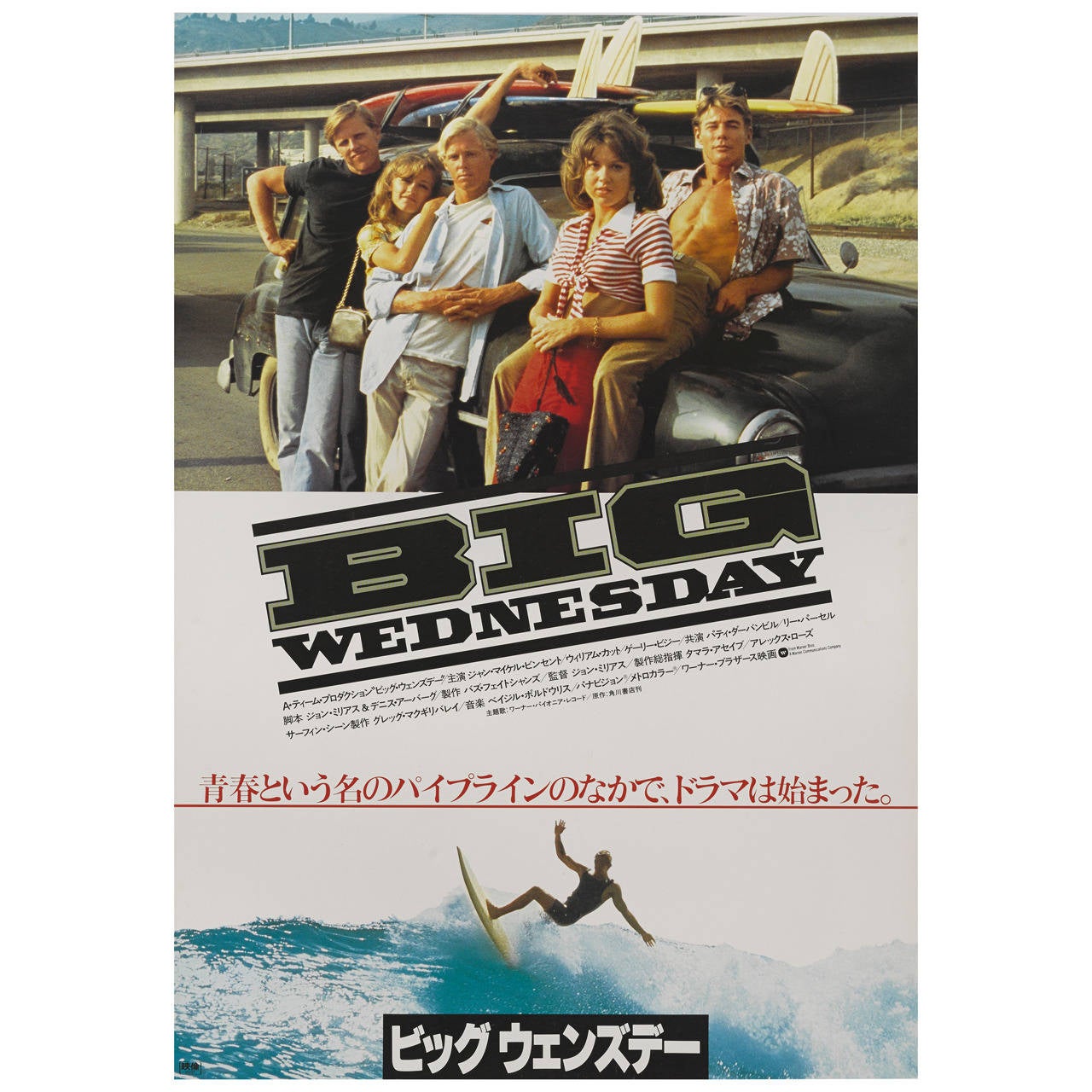
In addition, local merchants were interested in the prospect of a continuous renewal of decks, thus avoiding the suspicions that reusing cards would generate. As a solution, Nintendo produced a cheaper and lower-quality line of playing cards, Tengu, while also conducting product offerings in other cities such as Osaka, where card game profits were high. Even with a favorable start, the company faced financial struggle due to operating in a niche market, the slow and expensive manufacturing process, high product price, alongside long durability of the cards, which impacted sales due to the low replacement rate. With the increase of the cards' popularity, Yamauchi hired assistants to mass-produce to satisfy the demand. Other card manufacturers had opted to leave the market not wanting to be associated with criminal ties, but Yamauchi persisted without such fears to become the primary producer of hanafuda within a few years. Sales of hanafuda cards were popular with the yakuza-ran gaming parlors in Kyoto. Hanafuda cards had become popular after Japan banned most forms of gambling in 1882, though tolerated hanafuda.
Big in japan sale free#
The name "Nintendo" is commonly assumed to mean "leave luck to heaven", but the assumption lacks historical validation it can alternatively be translated as "the temple of free hanafuda". Nintendo was founded as Nintendo Karuta on 23 September 1889 by craftsman Fusajiro Yamauchi in Shimogyō-ku, Kyoto, Japan, to produce and distribute hanafuda ( 花札, "flower cards"), a type of traditional Japanese playing card. The right section was eventually rebuilt (pictured below), and the left section was reportedly demolished in 2004. Nintendo's original headquarters (1889–1950s) and workshop in Shimogyō-ku, Kyoto, circa 1889.

4.2.2 Platform Technology Development (PTD).4.2.1 Entertainment Planning & Development (EPD).


Nintendo's mascot, Mario, is internationally recognized. It has created numerous major franchises, including Mario, Donkey Kong, The Legend of Zelda, Pokémon, Kirby, Metroid, Fire Emblem, Animal Crossing, Splatoon, Star Fox, Xenoblade Chronicles, and Super Smash Bros. Since then, Nintendo has produced some of the most successful consoles in the video game industry, such as the Game Boy, the Super Nintendo Entertainment System, the Nintendo DS, the Wii, and the Switch. It gained international recognition with the release of Donkey Kong in 1981 and the Nintendo Entertainment System and Super Mario Bros. After venturing into various lines of business during the 1960s and acquiring a legal status as a public company, Nintendo distributed its first console, the Color TV-Game, in 1977. Nintendo was founded in 1889 as Nintendo Karuta by craftsman Fusajiro Yamauchi and originally produced handmade hanafuda playing cards.

It develops video games and video game consoles. is a Japanese multinational video game company headquartered in Kyoto, Japan. Nintendo European Research & Development.


 0 kommentar(er)
0 kommentar(er)
